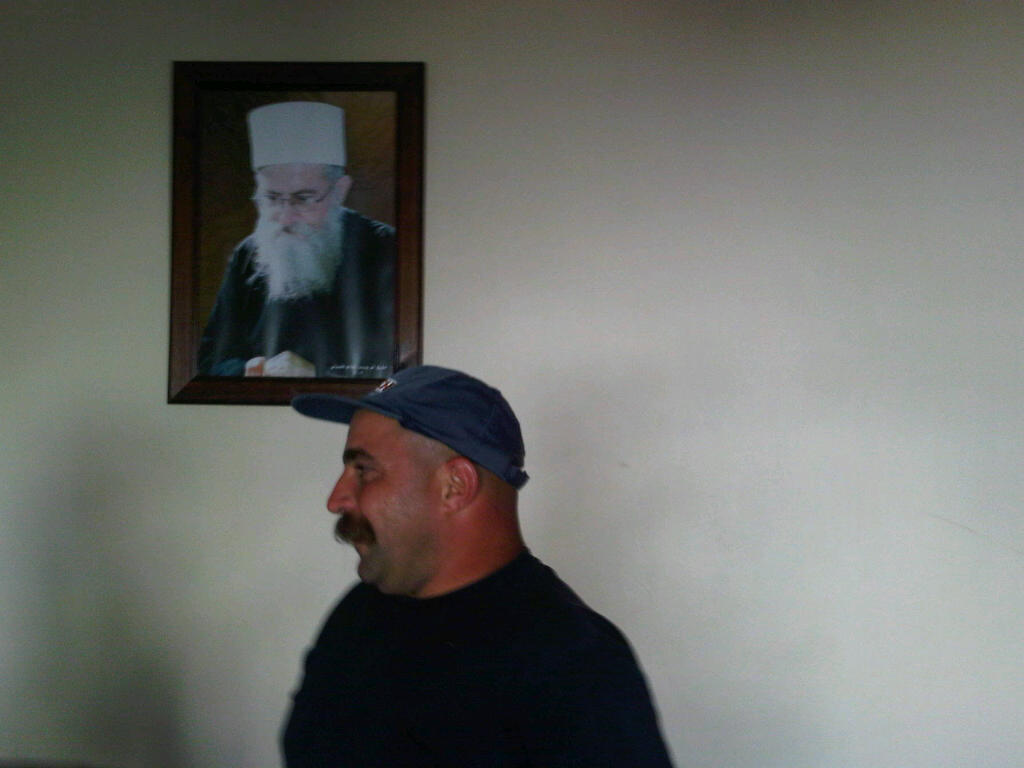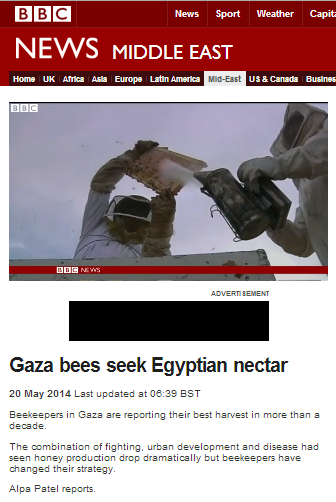1) The INSS has published a collection of essays relating to the recent Negev summit.
“While the foreign ministers of the states of the Abraham Accords shook hands at Sde Boker, the researchers at the Institute for National Security Studies convened to analyze the meanings of the historic summit and its different aspects: the international, the American, and the Middle Eastern, with emphasis on Iran, the Gulf states, Egypt, Morocco, and two representatives that were not there – Jordan and the Palestinians.”
2) At the Moshe Dayan Centre, Daniel Zisenwine discusses ‘Tunisia’s Turbulence: On the Road to Economic and Political Collapse’.
“Thousands of Tunisians took to the streets of the capital Tunis in mid-March, demonstrating against Tunisian president Kais Saied’s July 2021 power grab and the country’s ongoing economic crisis. Citing alleged threats to Tunisia’s political order, Saied dismissed the government on July 25, 2021, suspended parliament, and moved to rule by decree. Critics, including opposition Islamist parties but also the country’s powerful trade unions, civil society groups, and foreign experts have since assailed Saied’s moves, contending that he effectively re-imposed one-man rule on Tunisia, and secured unchecked control over all branches of government. This political crisis intensified in late March, after Saied dissolved the Tunisian parliament which convened online and voted to repeal his decrees.”
3) At the JISS, Dr Dima Course explains ‘Who is Lobbying for Iranian interests in Russia?’.
“The following key policy objectives can summarize Iranian interests in Russia. First, Iran seeks Russian support for its demands in the Vienna negotiations to return to the Joint Comprehensive Plan of Action (JCPOA). In addition, Tehran sees Moscow as an ally that can serve to reduce the West’s influence in the Middle East.
Tehran also seeks the promotion of its economic interests, which include foreign investment, trade, the removal of sanctions; the acquisition of advanced Russian weaponry; cooperation in propping up the regime of Bashar al-Assad in Syria, and in reducing the influence of Turkey in the Southern Caucasus and Central Asia.”
4) The UKLFI charitable trust will host a webinar titled ‘The UN’s Pillay Commission: The Battle Between Normalization and Criminalization’ with Hillel Neuer on April 13th.
“This webinar will be a briefing on the UN’s new, perpetual Commission of Inquiry, headed by Navi Pillay. This Commission intends to present a preliminary report this June on last year’s Hamas-Israel war and on alleged “systematic discrimination” by Israel. What is this report likely to find? How does the Pillay Commission fit into related developments, at the UN and in the human rights world, in the campaign to condemn Israel as an “apartheid” state? How can supporters of peace and normalization fight back against the forces of hate and criminalization?”
Registration here.





